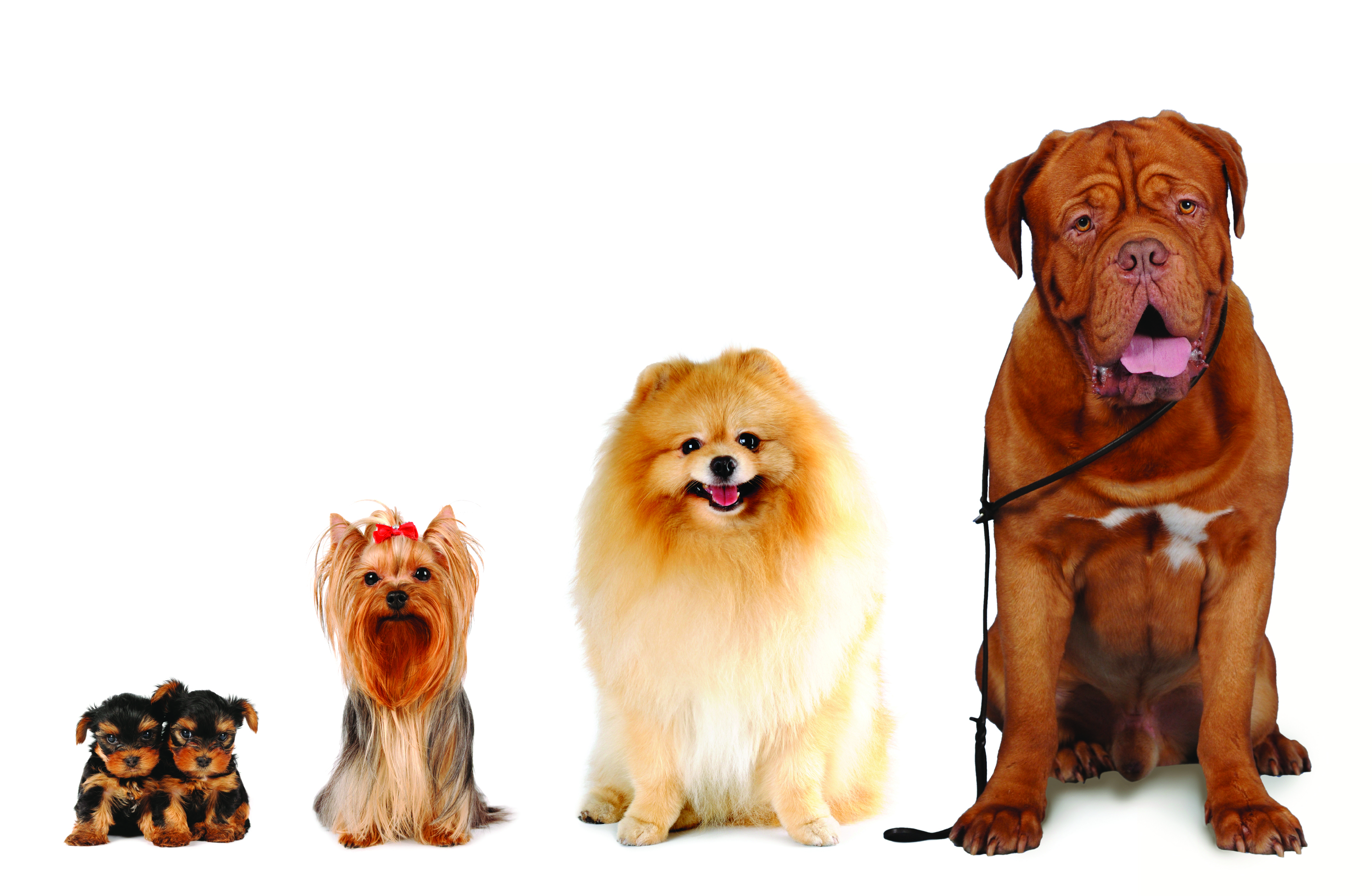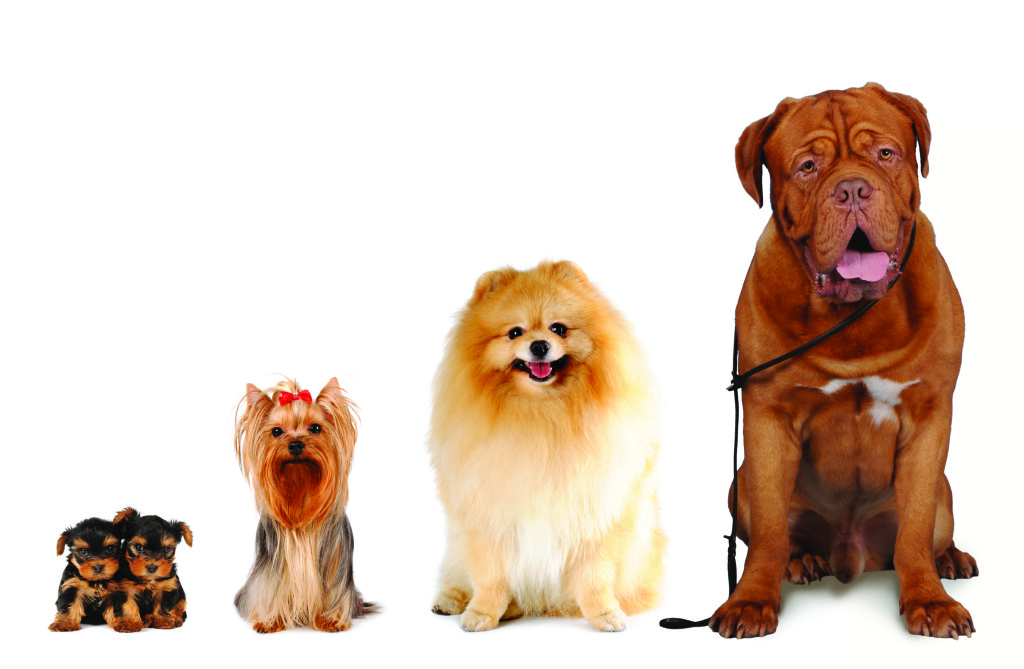Christmas is a period of high excitement for all the family, but it is also the time we are most likely to take our eye off the ball where pets are concerned. So often, as festive preparations take over, and you are busy overseeing children, family and an endless succession of meals, it is easy to overlook the many potential dangers Christmas poses for our furry friends.
Be prepared and take a moment to read these top tips; avoid a costly visit to the emergency vet and keep your pets safe this Christmas.
Food Hazards are top the list. Don’t leave food lying around, put it out of reach, or dogs and cats will certainly help themselves. Protecting a tasty morsel may trigger possessive aggression in dogs.
- Must have Christmas treats can be deadly to pets. Chocolate is a killer where dogs are concerned. The darker the chocolate the more toxic it is. Even a tiny amount can induce vomiting, diarrhoea, hyperactivity and changes to heart rhythm, as well as trembling, seizures and finally, coma.
- Cooked bones can cause a ruptured gut, choking and even broken teeth. Too much fat can cause pancreatitis.
- Put those mixed nuts and dried fruits well out of reach. All are highly toxic and can cause seizures, trembling or other neurological signs, like lethargy and loss of muscle control. Christmas cake and Christmas pudding are chock full of dried fruit and nuts.
- Gravies full of onion and garlic are toxic to dogs.
- Watch children and dogs. Kiddies love to share delicious treats with their four-legged chums, oblivious to the dangers.
Dangerous plants abound at Christmas.
- We all know Yew is deadly, but who knew a tiny bit of lily leaf could kill your cat? Pretty poinsettias can inflame the mouth and cause severe vomiting.
- Pine needles are toxic. Dogs and cats enticed by dangly decorations and glittery lights, can accidently ingest bits of tree.
- Holly and Mistletoe can cause vomiting, diarrhoea, hallucinations and even death if ingested. Few adult dogs are likely to eat something so prickly, but curious pups and kittens are a different matter.
Ornaments and wrapping
- Cats love tinsel. It is the ultimate in desirable prey; it moves, it rustles and it glitters. Some cats try to ingest what they catch and kill, and tinsel can cause a fatal obstruction in the gut.
- Swinging glass ornaments are no less interesting and can cause choking and obstruction in both cats and dogs. Remember puppies are especially inclined to explore new and interesting objects with their teeth. Try to put objects like this high up the tree, out of reach.
- Pups and cats are excited by the rustle of wrapping paper and bits of ribbons. Again, ingestion can cause choking or impaction, twisting around the guts, requiring urgent surgery.
Christmas lights and candles
- Kittens and pups are always fascinated by fire and flame; they will try to play pat-a–cake with glowing candles, with obvious consequences if one is knocked over. Hot wax can badly damage little paws.
- Twinkly lights, especially ones that blink on and off, will attract the interest of your pet and investigations may lead to discovery of the flex. Many young animals try to chew light flex and power cords and the ensuing electric shock, when the animal chomps down, may lead to damage to mouth, tongue, and even death.
The bottom line is, monitor and supervise pets throughout the holiday period. If you can’t, put them somewhere safe, away from temptations, until you can. For dogs and pups, crates, puppy pens and a solid ‘settle’ command are a lifesaver.
Leonie St Clair
www.londondogstraining.co.uk
This article first appeared in the December 2015 issue of SE22 magazine.


